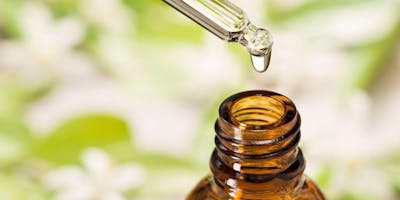Log In To Your Account
Log In With Facebook

Cannabidiol (CBD) is trending as a do-all “superfood.” But which claims are fact and which are fake? One of over a hundred cannabinoids found in the cannabis plant, CBD is a non-psychoactive compound that acts on nerve receptors and alters neurotransmitter releases in the brain and body. CBD and THC, or tetrahydrocannabinol, are the two primary compounds that have been investigated in medical research. Because CBD does not produce a high, it does not carry the stigma associated with THC. Hence, the public has been quick to embrace it and lawmakers in many states have begun to respond to growing demand for access to CBD, though not necessarily in ways that are supportive of cannabis legalization or that recognize the totality of medical cannabis research. This class will cover: CBD and the FDA CBD Health Benefits Difference Between Hemp Seed Oil and Whole-Plant Oil CBD Myths:Myth: CBD is what people seeking cannabis as a medical treatment option need.Myth: CBD is the main cancer-fighting compound in cannabis.Myth: CBD is not psychoactive. What the Research Says According to Project CBD, a non-profit educational service that promotes and publicizes scientific research related to CBD, studies have shown CBD to have the following notable therapeutic benefits: Anti-inflammation Anti-pain Anti-anxiety Anti-psychosis Anti-spasm In addition, there is evidence that CBD may act as a neuroprotectant – that is, able to stem neurological damage following strokes and in neurodegenerative diseases such as Alzheimer’s and Parkinson’s – and may play a role in neurogenesis, the creation of new brain cells. Numerous studies have shown CBD’s promise in the treatment of a wide range of conditions, including but not limited to: Arthritis Diabetes Alcoholism Multiple sclerosis Schizophrenia PTSD Alzheimer’s Cancer Epilepsy Our education session will be 90 minutes concluding with a Q & A session. Go to our website www.Elevation2477.com for more information and to view our menu.